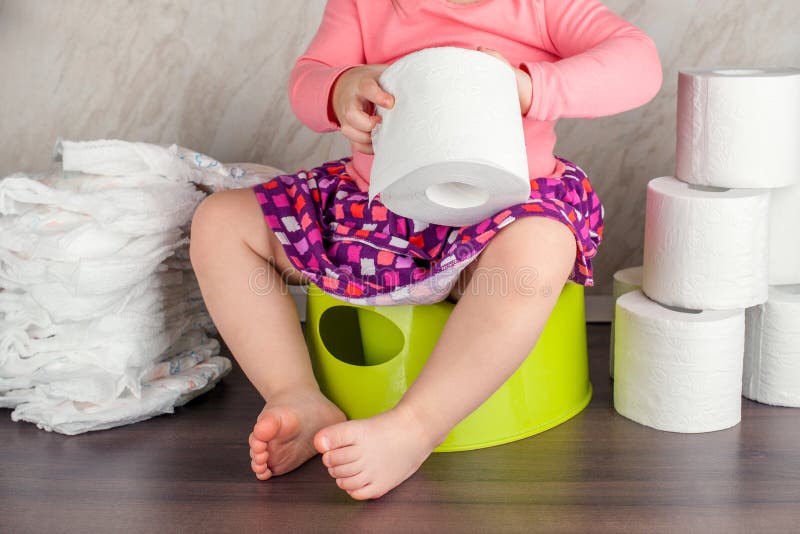
Calcium is a mineral that is well-known for playing an important role in maintaining the normal strength of bones and teeth. Second, rabbits rely on their kidneys to remove excess calcium from the blood while most mammals utilize their digestive tract for this purpose. On average, rabbits consume more than twice the amount of water per kilogram of body weight than dogs or cats.

To replace the water that is lost in the urine, rabbits must intake relatively larger quantities of water in order to prevent dehydration. In comparison, dogs and cats produce an average of about 40 milliliters of urine per kilogram of body weight. On average, rabbits produce about 130 milliliters of urine per kilogram of body weight.

First, rabbits have a limited ability to concentrate their urine and thus produce relatively dilute urine compared to other animals. Rabbit urine varies from that of other species in a number of ways. In male rabbits, the urethra travels through the penis while in female rabbits the urethra terminates within the lumen of the vagina. When full, the bladder empties the urine into the litter box via the urethra. Once the urine has been produced by the kidney, it flows down a narrow tube known as the ureter into the bladder. However, the kidney function that most people are familiar with is the production of urine as a means for eliminating the waste products created by the body. The kidneys have many important functions, such as conserving water, regulating blood pressure, maintaining proper salt balance, activating vitamin D and producing hormones that stimulate the production of red blood cells by the bone marrow. Like humans, rabbits have two kidneys-one on either side of the body.

In order to understand the implications of hematuria, it is helpful to have some knowledge about the anatomy of the urinary system of rabbits and how it functions. These problems may involve the urinary system directly or, in the case of unspayed female rabbits, may be the result of a diseased reproductive tract. It is a condition that is seen fairly often in pet rabbits and can be due to a number of medical disorders. The medical term for the presence of blood in the urine is hematuria.


 0 kommentar(er)
0 kommentar(er)
